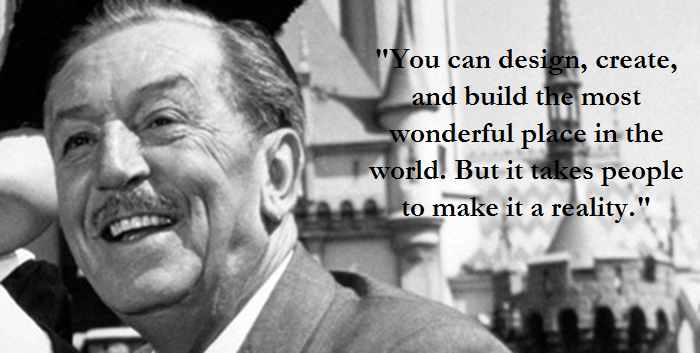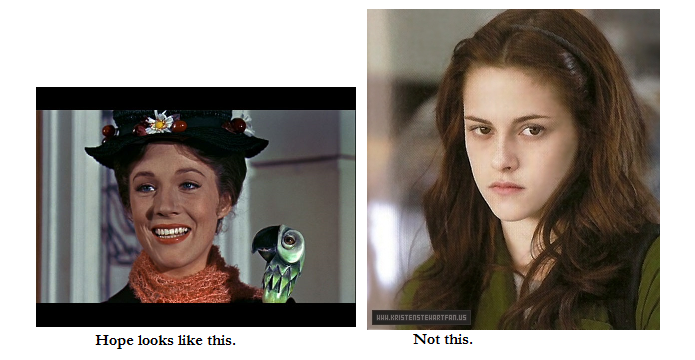In my last post on Suffering and Inspiration, I mentioned that an author’s life can often give birth to the ideas for their characters. There are good reasons for this. A good character is built on events and people that an author has experienced. The human experience and other humans are, more often than not, stranger than fiction. Creating a character based on someone (or several someones) who is real makes the character believable, attainable, and either loveable or hateable (yes, I made that word up). This is what makes a character like Elizabeth Bennett from Pride and Prejudice, or Frodo from Lord of the Rings so wonderfully heroic—we can relate to them. And it is also what makes characters like Mr. Wickham and Saruman so deliciously evil.
The fact is, it is nearly impossible to create a character that is not based on reality. If we try, the result is a character like Bella Swan from Twilight—sorry, no normal girl can relate to her. A good story needs good characters that the reader can really “know” in order to absorb the author’s message.
I recently watched the film Saving Mr. Banks. (I highly recommend it, by the way. Just be sure to have tissues.) That film captures precisely what I am trying to say. Ms. Travers’ characters from Mary Poppins are all based on someone from her life. There is so much more to the story than jumping into paintings and dancing penguins, because the characters are real. On the surface, Mary Poppins is a childhood heroine, but she is not there to save the children. On closer inspection of the characters, who is the one that really needs saving, the one who is so frustrated with life? The children’s father! Ms. Travers was trying to bring hope into her own life, because her own father could not be saved.
In the film, Mr. Disney says, “George Banks and all he stands for will be saved. Maybe not in life, but in imagination. Because that’s what we storytellers do. We restore order with imagination. We instill hope again and again and again.” This is true, insofar as a storyteller can create a tangible character. The closer a reader can feel to the character, the more effective it will be. Authors are ‘hope makers’ and hopeful people need friends. If an author can succeed in making a reader befriend his characters, then he will have done his job.








Susan
May 14, 2014 at 1:02 pm
What is your definition of a “normal girl?” I thought the Bella Swan character was easy to relate to because she felt ordinary.
Meryl Amland
May 14, 2014 at 1:24 pm
Susan, I’m glad you asked. Although, this could become a whole new post itself. Bella’s character, although she says she feels ordinary, is far from it. And I don’t mean that in a good way. Bella’s emotions are somewhat stagnant, except when it comes to Edward… a highly unusual trait for a hormonal teenage girl. She also cannot be entirely sane to remain in an extremely co-dependent relationship with someone who is constantly fighting the urge to kill her. Not to mention the fact, that she almost completely destroys her relationship with her father or any of her other ‘human’ friends over her vampire boyfriend. She appears to have little to no sympathy for those her love her and she is selfish to the extreme. Not very heroic qualities… and somewhat sociopathic. In any case, I am not trying to insult girls/women who may possibly relate to Bella Swan; I am just stating my opinion. Additionally, you can always find SOMETHING to relate to in any given character, but there is a large difference between a character who only relates to a select few and a more robust human character to whom most everyone can relate. I suppose I’m just asking for readers to look below the surface and read better literature.
Gabbi
May 14, 2014 at 1:32 pm
“Read.Better.Literature.” If only schools and parents pushed better lit. Thanks for this.
Nicole
May 14, 2014 at 3:30 pm
It rather feels like you’re trying to universalize a personal experience of reading. I think I have an inkling of what you’re trying, ultimately to do–and it has to do with promoting a “sacramental” vision of literature. That is an interesting theoretical approach to literature, and can definitely lead to closer connections between reading and meditation on religious truths. However, I don’t think that the current article is on the right track to help people read (or write novels) in that way.
laetaspe
May 14, 2014 at 7:20 pm
Nicole, I don’t understand what you’re saying. I think it’s a fairly common practice for authors to create characters based on people from their own lives… either themselves, their family, their grade school teachers, their best friends, famous people from history, etc. And I think readers also find ways to relate to characters in literature the way they find ways to relate to the people in their lives. Just because characters in literature seem life-like doesn’t mean they’re communicating a sacramental vision… unless by sacramental vision you mean “life.”